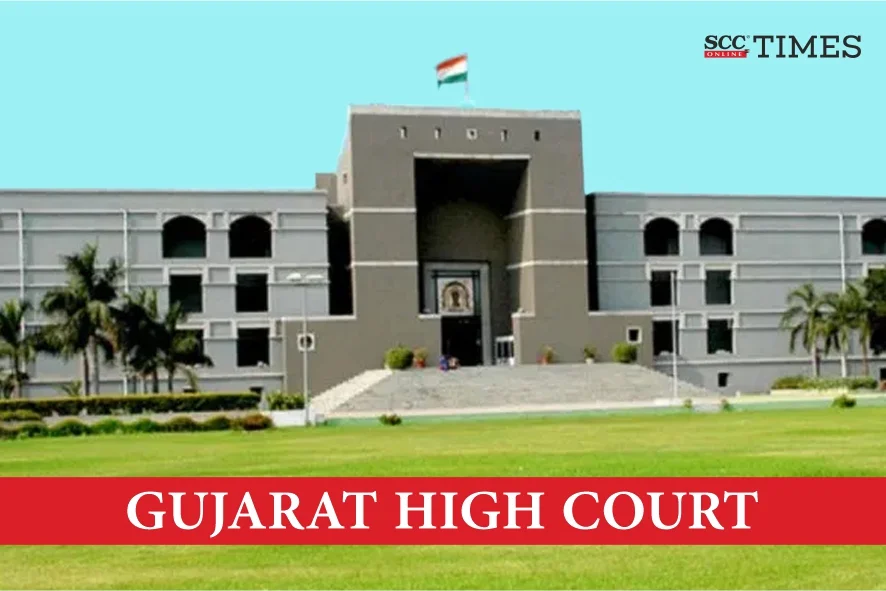Gujarat High Court: In a petition filed under Articles 226 and 227 of the Constitution challenging the Labour Court’s rejection of the petitioner’s recovery application claiming certain benefits, a Single Judge Bench of M.K. Thakker, J., upheld the Labour Court’s decision and reiterated that the benefit claimed under Section 33-C(2) of the Industrial Disputes Act, 1947 (‘ID Act’) had to be a pre-existing benefit or flow from a pre-existing right.
Background
In 2002, the petitioner was appointed in the respondent’s establishment and his service was terminated in 2013. The petitioner raised a dispute in the Labour Court. The Labour Court directed the respondent to pay 25 percent back wages for two years and the benefits to which the petitioner was entitled. However, the petitioner’s recovery application was rejected. Aggrieved, the present petition was filed.
Analysis
The Court noted that considering that the last drawn wage of the petitioner was Rs 4,420, Rs 29,020 was paid by the respondent to the petitioner including the 25 percent back-wages amounting to Rs 26,520 along with cost of Rs 2,500. The Court added that the petitioner, in pursuance of the Labour Court award, claimed certain benefits including the leave encashment, raise in the salary, and minimum wages amounting to Rs 3,03,750.
The Court rejected the contention that the petitioner was entitled to the benefits claimed as per the Labour Court’s order and stated that there was no award passed by the Labour Court directing the respondent to pay the same. The Court relied on Bombay Chemical Industries v. Labour Commr. (2022) 5 SCC 629 wherein the Supreme Court reiterated that whenever a workman was entitled to receive any money or any benefit from his employer and was denied of such benefit, he could approach the Labour Court under Section 33-C(2) of the ID Act. Such benefit sought to be enforced under Section 33-C(2) of the ID Act was supposed to be a pre-existing benefit or flow from a pre-existing right. The difference between a pre-existing right or benefit and the right or benefit which was considered just and fair, was vital because the former fell within jurisdiction of Labour Court exercising powers under Section 33-C(2) while the latter did not.
Thus, the Labour Court’s jurisdiction under Section 33-(C)(2) was like that of an executing court, without prior adjudication or recognition of the disputed claim of the workmen, proceedings for computation of the arrears of wages and/or difference of wages claimed by the workmen would not be maintainable under Section 33-(C)(2).
Noting the aforesaid, the Court upheld the Labour Court’s reasoning that there was not any pre-existing right therefore, under Section 33-(C)(2) of the ID Act, the petitioner could not claim the said benefits. Thus, no error was committed by the Labour Court in rejecting the recovery application.
Holding the above, the Court rejected the petition.
[Jayanti Ishwarbhai Parmar v. Sabbir Mohammed Zubair, 2025 SCC OnLine Guj 421, decided on 13-01-2025]
Advocates who appeared in this case:
For the petitioner: UT Mishra






